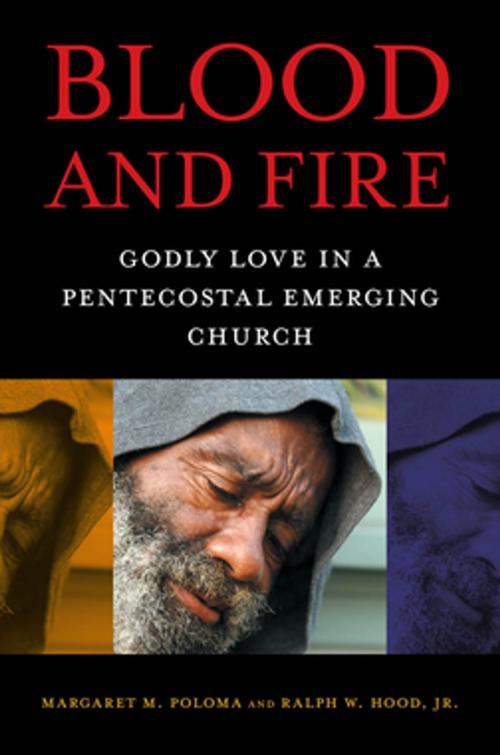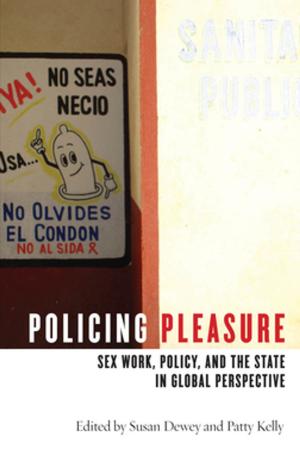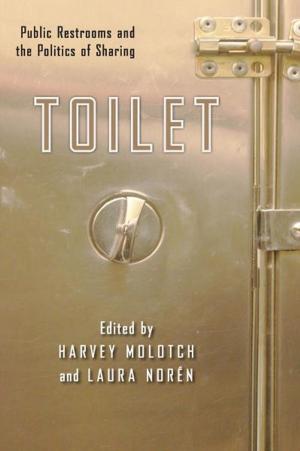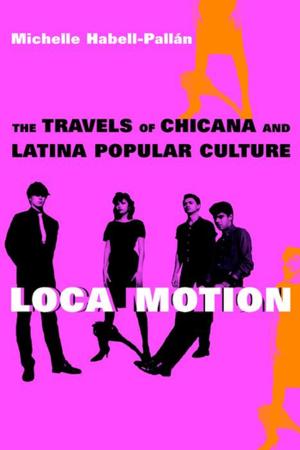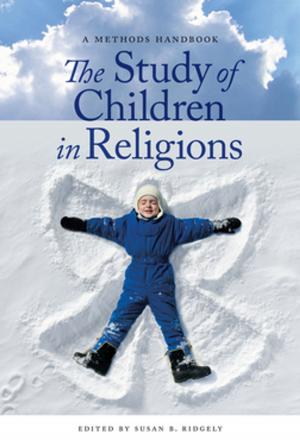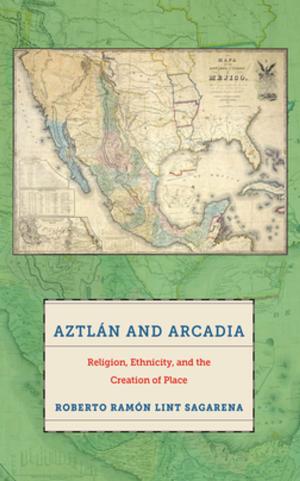Blood and Fire
Godly Love in a Pentecostal Emerging Church
Nonfiction, Religion & Spirituality, Christianity, Denominations, Pentecostalism| Author: | Margaret M. Poloma, Ralph W. Hood, Jr. | ISBN: | 9780814737422 |
| Publisher: | NYU Press | Publication: | November 1, 2008 |
| Imprint: | NYU Press | Language: | English |
| Author: | Margaret M. Poloma, Ralph W. Hood, Jr. |
| ISBN: | 9780814737422 |
| Publisher: | NYU Press |
| Publication: | November 1, 2008 |
| Imprint: | NYU Press |
| Language: | English |
What does it mean to live out the theology presented in the Great Commandment to “love God above all and to love your neighbor as yourself”? In Blood and Fire, Poloma and Hood explore how understandings of godly love function to empower believers. Though godly love may begin as a perceived relationship between God and a person, it is made manifest as social behavior among people.
Blood and Fire offers a deep ethnographic portrait of a charismatic church and its faith-based ministry, illuminating how religiously motivated social service makes use of beliefs about the nature of God's love. It traces the triumphs and travails associated with living a set of rigorous religious ideals, providing a richly textured analysis of a faith community affiliated with the “emerging church” movement in Pentecostalism, one of the fastest-growing and most dynamic religious movements of our day.
Based on more than four years of interviews and surveys with people from all levels of the organization, from the leader to core and marginal members to the poor and addicts they are seeking to serve, Blood and Fire sheds light on the differing worldviews and religious perceptions between those who served in as well as those who were served by this ministry.
Blood and Fire argues that godly love- the relationship between perceived divine love and human response- is at the heart of the vision of emerging churches, and that it is essential to understand this dynamic if one is to understand the ongoing reinvention of American Protestantism in the twenty-first century.
What does it mean to live out the theology presented in the Great Commandment to “love God above all and to love your neighbor as yourself”? In Blood and Fire, Poloma and Hood explore how understandings of godly love function to empower believers. Though godly love may begin as a perceived relationship between God and a person, it is made manifest as social behavior among people.
Blood and Fire offers a deep ethnographic portrait of a charismatic church and its faith-based ministry, illuminating how religiously motivated social service makes use of beliefs about the nature of God's love. It traces the triumphs and travails associated with living a set of rigorous religious ideals, providing a richly textured analysis of a faith community affiliated with the “emerging church” movement in Pentecostalism, one of the fastest-growing and most dynamic religious movements of our day.
Based on more than four years of interviews and surveys with people from all levels of the organization, from the leader to core and marginal members to the poor and addicts they are seeking to serve, Blood and Fire sheds light on the differing worldviews and religious perceptions between those who served in as well as those who were served by this ministry.
Blood and Fire argues that godly love- the relationship between perceived divine love and human response- is at the heart of the vision of emerging churches, and that it is essential to understand this dynamic if one is to understand the ongoing reinvention of American Protestantism in the twenty-first century.
